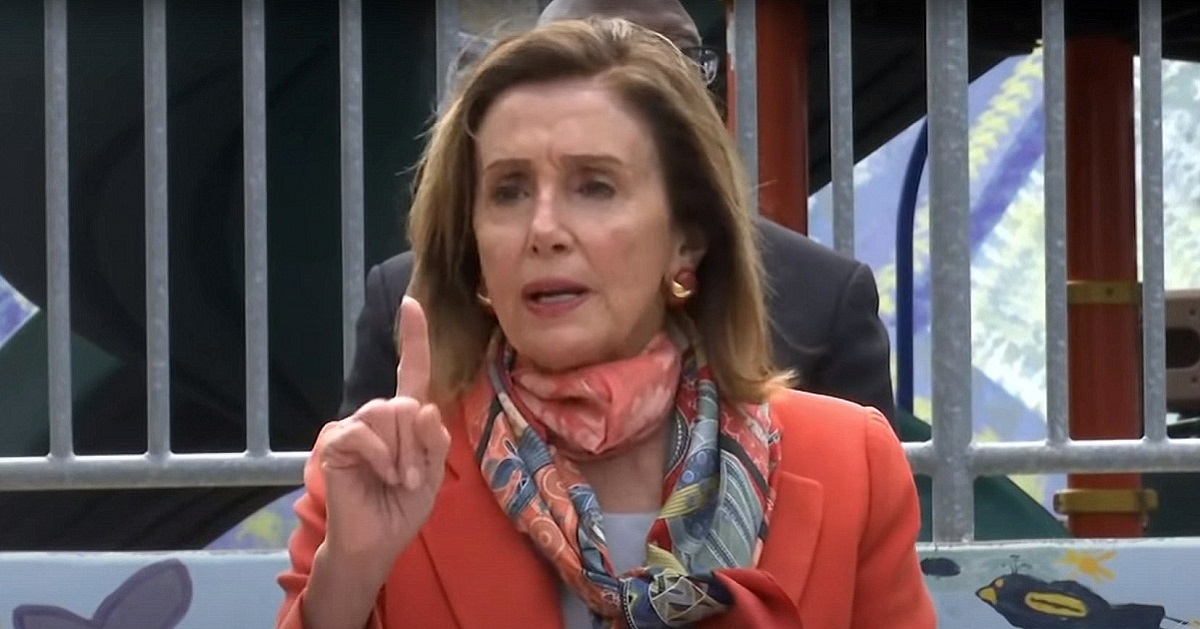Nebraska Supreme Court reverses home equity case
The Supreme Court of Nebraska just made a major ruling in regard to home equity.
In fact, the Nebraska Examiner reports that legal experts are referring to this ruling as an "historic about-face."
Per the outlet:
In what Legal Aid lawyers are calling a “historic about-face,” the Nebraska Supreme Court on Friday ruled in favor of two different elderly homeowners who fell victim to what critics described as government-assisted home equity theft.
What the outlet means by "about-face" is that the court actually reversed itself on this issue, and it appears that the U.S. Supreme Court may have had something to do with this.
Background
The Examiner provides a brief overview of the case.
The outlet reports:
The homeowners, represented by Legal Aid of Nebraska and Pacific Legal Foundation, claimed that Nebraska’s delinquent tax sale process was unconstitutional in that it allowed homeowners to lose more than what they owed to satisfy property tax debts.
The Examiner goes on to provide the facts of the cases of the "elderly homeowners" who fell victim to this.
For example, "Sandra Nieveen had lived in her Lincoln residence for a half-century when the county transferred the $61,900 home to a private investor for a tax debt of less than $4,000."
Originally, the Nebraska Supreme Court actually ruled against the individuals, upholding the state laws. But, this recently changed.
U.S. Supreme Court steps in
Between the Nebraska Supreme Court's original ruling in the case and its latest ruling in the case, the U.S. Supreme Court released its decision in the case, Tyler v. Hennepin County.
World Net Daily reports the Pacific Legal Foundation as explaining:
Last May, the United States Supreme Court ruled in another PLF case — Tyler v. Hennepin County — that if the government takes more than what is owed to satisfy a property tax debt, it violates the Fifth Amendment's Takings Clause.
After this ruling, the Nebraska case was sent back to the Nebraska Supreme Court, which had to reconsider its earlier ruling in light of the Tyler ruling. After doing so, the Nebraska Supreme Court changed its mind.
The Pacific Legal Foundation explained:
In view of the Supreme Court's unanimous ruling, the Nebraska Supreme Court reevaluated Kevin's and Sandra's claims and ruled that they must be paid for the excess equity that remained after their property tax debt was satisfied. The court sent the cases back to the trial court to determine how much the homes are worth and thus how much compensation Kevin and Sandra are owed.
Suffice it to say that this is a game-changing decision.






